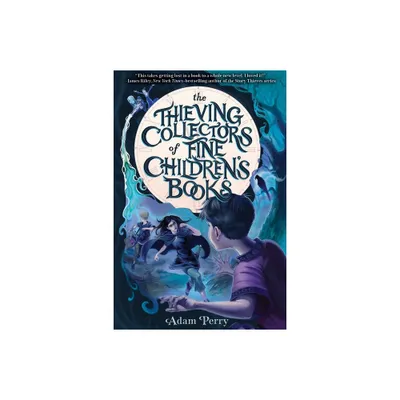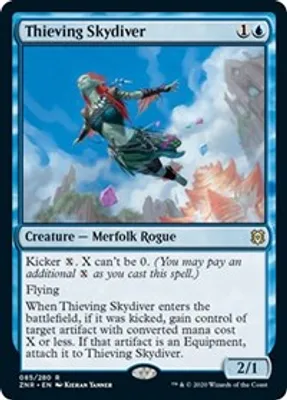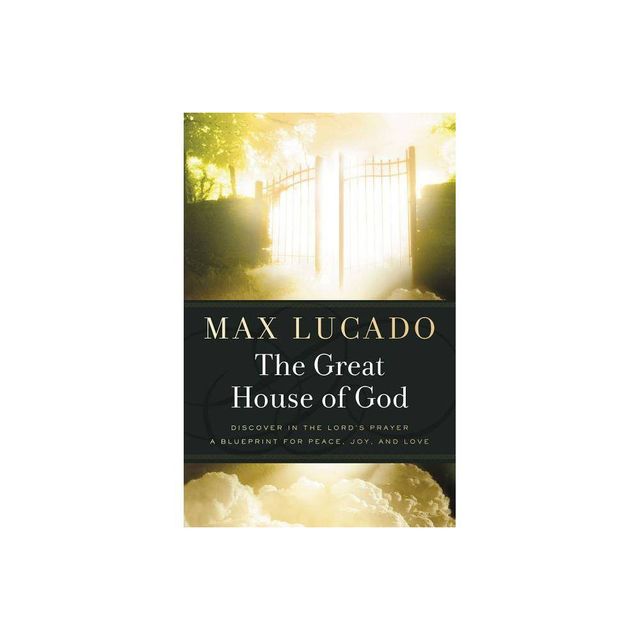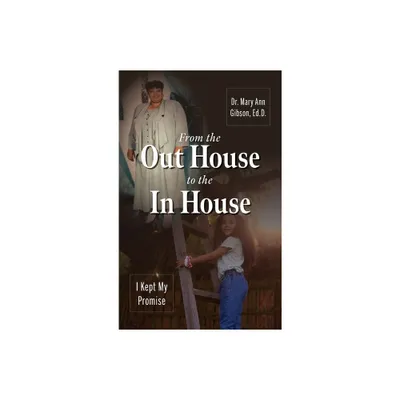Home
Thieving from the House of God
Loading Inventory...
Barnes and Noble
Thieving from the House of God
Current price: $13.99


Barnes and Noble
Thieving from the House of God
Current price: $13.99
Loading Inventory...
Size: OS
*Product Information may vary - to confirm product availability, pricing, and additional information please contact Barnes and Noble
Many wondered how
Orange Goblin
would cope as a four-piece following the departure of second guitar player
Pete O'Malley
, but, by making it sound like nothing has changed, the band's fifth album, 2004's
Thieving from the House of God
, answers that question with a perfunctory "just fine, thank you." Of course, as will be discussed shortly, this same "staying of the course" could also pose a problem. But first things first: except for retreating just a tad from the overt
punk
-
metal
of its predecessor,
Coup de Grace
,
retains the same, appropriately thick and meaty post-
stoner rock
crunch -- neither here nor there in terms of outright
hard rock
or
heavy metal
-- that
fans have come to expect.
"Some You Win, Some You Lose"
gets the ball rolling in promising fashion and the novelty of counterpoint vocals in the chorus; and ensuing hard rockers like
"Hard Luck"
and
"Black Egg"
each manage a few surprises between them -- be it in the former's clever lyrics, or the latter's striking use of piercing, soulful female vocals. But prospects quickly grow dim with the forgettable
"One Room, One Axe, One Outcome"
(which has only its name to call interesting), and any hopes that
will magically conjure a truly great single or minor
classic are duly squashed as one moves through the album. The mounting riff-fest of
"Round Up the Horses"
momentarily harkens back to the giant,
Sabbath
-sized power chords of the band's early LPs, but all it signals in the end is a strong, not thrilling, finale driven by the friendly countenance of
ZZ Top
's
"Just Got Paid,"
and the mildly interesting, nine-minute, sub-space sprawl of
"Crown of Locusts."
More than anything,
leaves very contradictory feelings in its wake. On the one hand, there's a positive notion of "mission accomplished" for the band's transition into existence as a quartet; but on the other, there's a negative and worrisome sense of "what now?" realization suggesting that, despite their best efforts,
may well be doomed to always remain a very good
/
band which may never amount to a truly great
band. ~ Eduardo Rivadavia
Orange Goblin
would cope as a four-piece following the departure of second guitar player
Pete O'Malley
, but, by making it sound like nothing has changed, the band's fifth album, 2004's
Thieving from the House of God
, answers that question with a perfunctory "just fine, thank you." Of course, as will be discussed shortly, this same "staying of the course" could also pose a problem. But first things first: except for retreating just a tad from the overt
punk
-
metal
of its predecessor,
Coup de Grace
,
retains the same, appropriately thick and meaty post-
stoner rock
crunch -- neither here nor there in terms of outright
hard rock
or
heavy metal
-- that
fans have come to expect.
"Some You Win, Some You Lose"
gets the ball rolling in promising fashion and the novelty of counterpoint vocals in the chorus; and ensuing hard rockers like
"Hard Luck"
and
"Black Egg"
each manage a few surprises between them -- be it in the former's clever lyrics, or the latter's striking use of piercing, soulful female vocals. But prospects quickly grow dim with the forgettable
"One Room, One Axe, One Outcome"
(which has only its name to call interesting), and any hopes that
will magically conjure a truly great single or minor
classic are duly squashed as one moves through the album. The mounting riff-fest of
"Round Up the Horses"
momentarily harkens back to the giant,
Sabbath
-sized power chords of the band's early LPs, but all it signals in the end is a strong, not thrilling, finale driven by the friendly countenance of
ZZ Top
's
"Just Got Paid,"
and the mildly interesting, nine-minute, sub-space sprawl of
"Crown of Locusts."
More than anything,
leaves very contradictory feelings in its wake. On the one hand, there's a positive notion of "mission accomplished" for the band's transition into existence as a quartet; but on the other, there's a negative and worrisome sense of "what now?" realization suggesting that, despite their best efforts,
may well be doomed to always remain a very good
/
band which may never amount to a truly great
band. ~ Eduardo Rivadavia


















